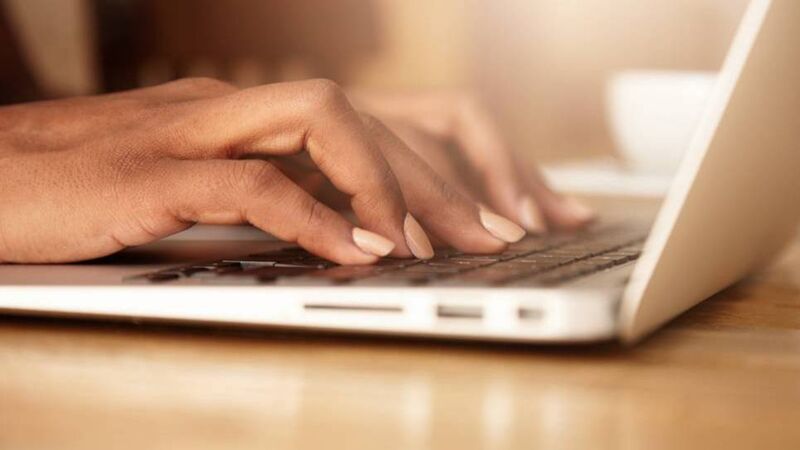Images of Irish teen girls being used online without knowledge or consent


Images of hundreds of Irish teenage girls are being used on sordid Twitter accounts without their knowledge or consent.
Try from €1.50 / week
SUBSCRIBE
Images of hundreds of Irish teenage girls are being used on sordid Twitter accounts without their knowledge or consent.
Already a subscriber? Sign in
You have reached your article limit.
Annual €130 €80
Best value
Monthly €12€6 / month
Introductory offers for new customers. Annual billed once for first year. Renews at €130. Monthly initial discount (first 3 months) billed monthly, then €12 a month. Ts&Cs apply.
CONNECT WITH US TODAY
Be the first to know the latest news and updates
Newsletter
Keep up with stories of the day with our lunchtime news wrap and important breaking news alerts.
Sunday, February 8, 2026 - 5:00 PM
Sunday, February 8, 2026 - 3:00 PM
Sunday, February 8, 2026 - 1:00 PM
© Examiner Echo Group Limited